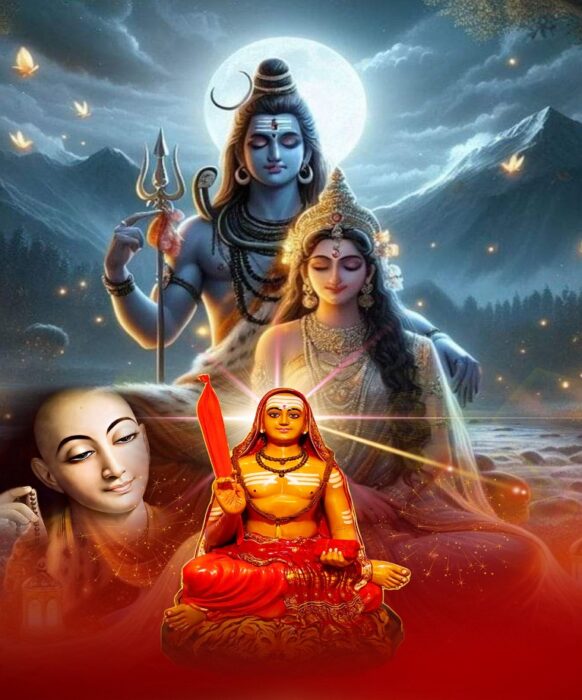Is our present comprehension of Shankara sullied by the desire of his not really scholarly devotees who relish the possibility of control?
The individuals who demand that history is genuine, and folklore bogus, conflict with the very grain of Adi Shankaracharya’s non-dualist saying: Jagat mithya, brahma satyam, which implies the world, including estimated logical ends, that we experience is basically fanciful or rather, mind-subordinate epistemological realities. The main brain free ontological truth is brahma, differently deciphered as God, soul, cognizance, language, or the vastly extended, everlasting, unconditioned psyche.
This precept of decreasing the world to simple deception, prevalently known as maya-vada, empowered Shankara to accomplish something amazing: join a land with differing networks and different, apparently hopeless, perspectives – from the Buddhists, the Mimansakas (old Vedic householders) and the Vedantins (the later Vedic recluses), to the Shaivas, the Vaishnavas, and the Shaktas. This is clear in his bountiful scholarly outpourings.

